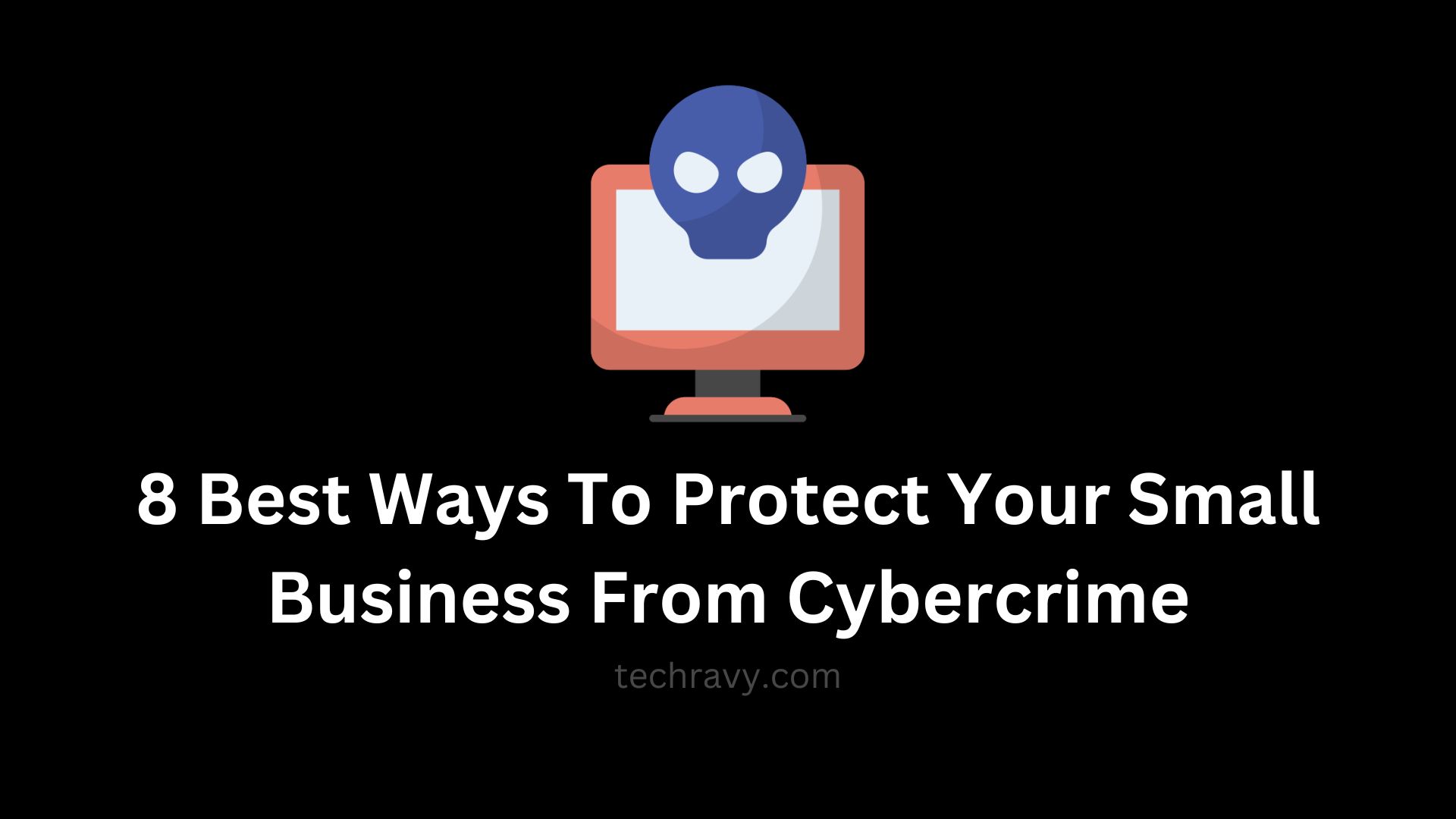In today’s modern age, small businesses face an ever-increasing threat from cybercrime. Unlike the physical theft of merchandise or property damage, cyberattacks can compromise sensitive information and financial accounts, leading to far-reaching consequences. Cybercriminals target small companies, often exploiting their vulnerabilities. Small business owners frequently underestimate the need for cybersecurity measures, assuming they are too inconspicuous to attract cybercriminals. To protect your small business from cybercrime, you need to take specific actions, which we will thoroughly explain in this comprehensive guide.
8 Best Ways to Protect Your Small Business from Cybercrime
1. Data Protection
- Data Encryption: Encrypt your data to render it useless if it falls into the wrong hands. Most major computer and mobile operating systems offer essential encryption software. Cloud services also provide data encryption features.
- Back-Up and Configuration: Regularly back up your data, including device and system configurations. This approach allows you to recover quickly in the event of theft, cyberattacks, or data loss. Consider cloud storage services like Google Drive, Amazon, Carbonite, Microsoft OneDrive, and Dropbox to safeguard your data from ransomware attacks.
2. Update Your Software and Regularly Patch Them
Opt for automatic updates of your security software. Hackers often gain access to systems through code defects or exploits. Regular updates protect against known vulnerabilities commonly exploited by cybercriminals.
3. Use a Reliable VPN
A Virtual Private Network (VPN) establishes a secure connection between your computer and the internet, making you virtually invisible to hackers. It also safeguards your data and passwords as it routes your information through different servers, making it impossible to track.
4. Training and Educating Your Staff
Untrained employees can inadvertently expose your business to cyberattacks. Proper education on cybersecurity is essential to minimize the risk posed by employees’ actions, such as clicking on phishing links or using weak passwords.
5. Limitations on Company Computers and Devices
Implement restrictions on installing third-party software without system administrator approval to protect against malware, viruses, and other threats posed by unknown software.
6. Regular Risk Assessments
Periodically assess your security risks to identify vulnerabilities and take corrective action. You can use free or trial-based software to assess your security. The UK government offers free cyber risk assessments. Alternatively, consider security scan software such as TraceSecurity, BITSIGHT, or Qualys.
7. Invest in Cybersecurity Insurance
Cybersecurity insurance helps recover from financial losses due to cyberattacks. Consider this option, and explore carriers like XL Group Ltd, Chubb Ltd, and Cover Wallet.
8. Protecting Your Hardware
Don’t underestimate the importance of hardware protection. Use strong, complex passwords, assign separate user accounts, employ a password manager, and consider anti-theft cables, brackets, alarm systems, and biometric scans for staff.
Conclusion
These measures are the best ways to protect your small business from the growing threat of cybercrime. Implement them diligently and minimize the risk of a cyberattack. If you have any questions or need further assistance, feel free to ask; we are here to help.
